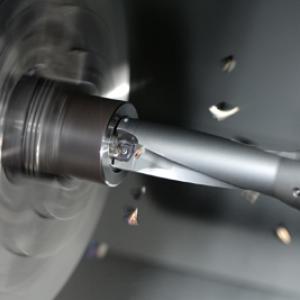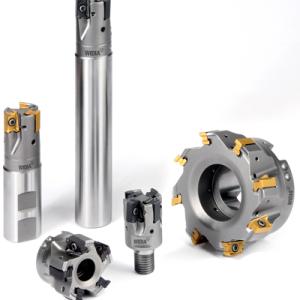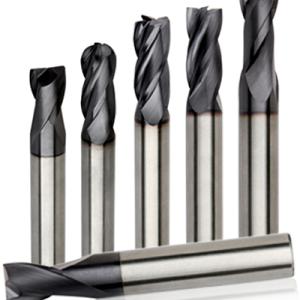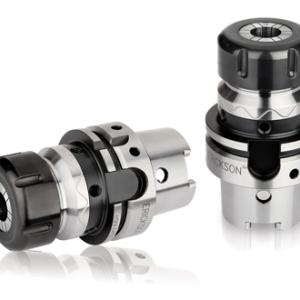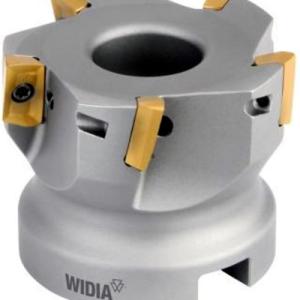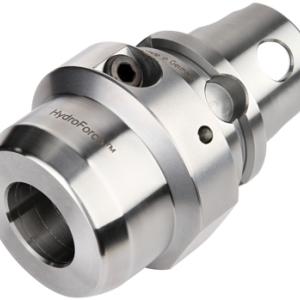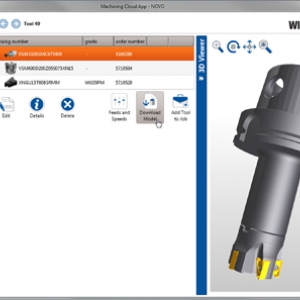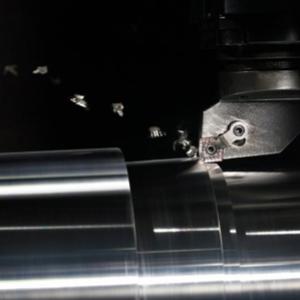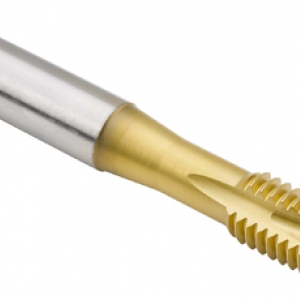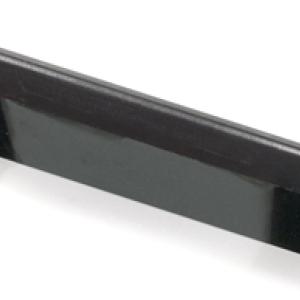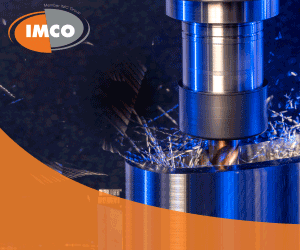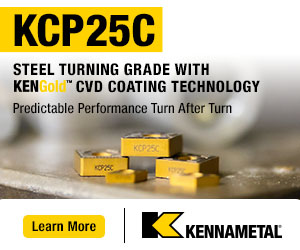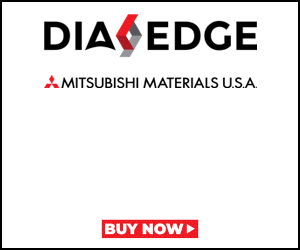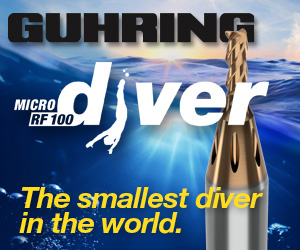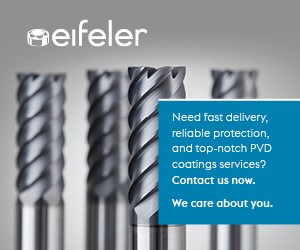Contact Details
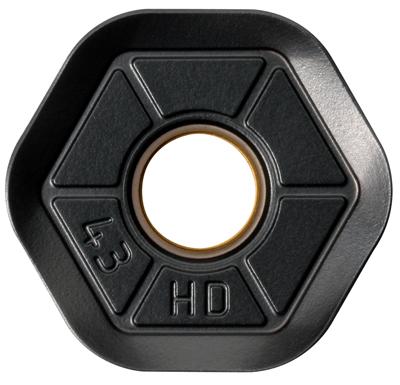
Cutting tests for WK15CM, the newest WIDIA Victory grade for cast-iron milling, are showing up to 40 percent longer tool life, according to WIDIA.
Parts made of gray cast irons form the foundations of many industries, including automotive, energy, fluid power and heavy equipment. Shops milling these components know better than most that tool performance and reliability is the key to success.
That is why WIDIA is introducing its latest WK15CM grade for face mills, shoulder mills, and copy mills with dedicated geometries for cast-iron milling.
A fine-grained alumina layer gives better wear resistance by improving coating integrity at elevated speeds. Proprietary post-coat treatment of the WK15CM inserts further increase cutting-edge toughness by improved coating stress. This helps fight thermal cracking and coating flaking, the number-one reason most milling inserts fail in machining cast irons, especially when coolant is applied.
Cutting edges are further micro-polished to ease cutting forces and reduce friction and workpiece sticking. The results are an extremely reliable milling insert shops can use to make more cast iron parts or to ramp up cutting speeds when increased performance is called for.
Related Glossary Terms
- cast irons
cast irons
Cast ferrous alloys containing carbon in excess of solubility in austenite that exists in the alloy at the eutectic temperature. Cast irons include gray cast iron, white cast iron, malleable cast iron and ductile, or nodular, cast iron. The word “cast” is often left out.
- coolant
coolant
Fluid that reduces temperature buildup at the tool/workpiece interface during machining. Normally takes the form of a liquid such as soluble or chemical mixtures (semisynthetic, synthetic) but can be pressurized air or other gas. Because of water’s ability to absorb great quantities of heat, it is widely used as a coolant and vehicle for various cutting compounds, with the water-to-compound ratio varying with the machining task. See cutting fluid; semisynthetic cutting fluid; soluble-oil cutting fluid; synthetic cutting fluid.
- gang cutting ( milling)
gang cutting ( milling)
Machining with several cutters mounted on a single arbor, generally for simultaneous cutting.
- gray cast irons
gray cast irons
Alloys of iron, carbon and silicon in which more carbon is present than can be retained in austenite. The carbon in excess of austenite solubility in iron precipitates as graphite flakes. Approximate composition of gray irons is: 2.5 to 4.0 percent carbon, 0.5 to 1.0 percent manganese, 1.0 to 3.0 percent silicon, 0.05 to 0.15 percent sulfur and 0.05 to 0.8 percent phosphorus. Some Society of Automotive Engineer grades are G-1800, G-2500, G-3000, G-3500 and G-4000.
- milling
milling
Machining operation in which metal or other material is removed by applying power to a rotating cutter. In vertical milling, the cutting tool is mounted vertically on the spindle. In horizontal milling, the cutting tool is mounted horizontally, either directly on the spindle or on an arbor. Horizontal milling is further broken down into conventional milling, where the cutter rotates opposite the direction of feed, or “up” into the workpiece; and climb milling, where the cutter rotates in the direction of feed, or “down” into the workpiece. Milling operations include plane or surface milling, endmilling, facemilling, angle milling, form milling and profiling.
- wear resistance
wear resistance
Ability of the tool to withstand stresses that cause it to wear during cutting; an attribute linked to alloy composition, base material, thermal conditions, type of tooling and operation and other variables.

